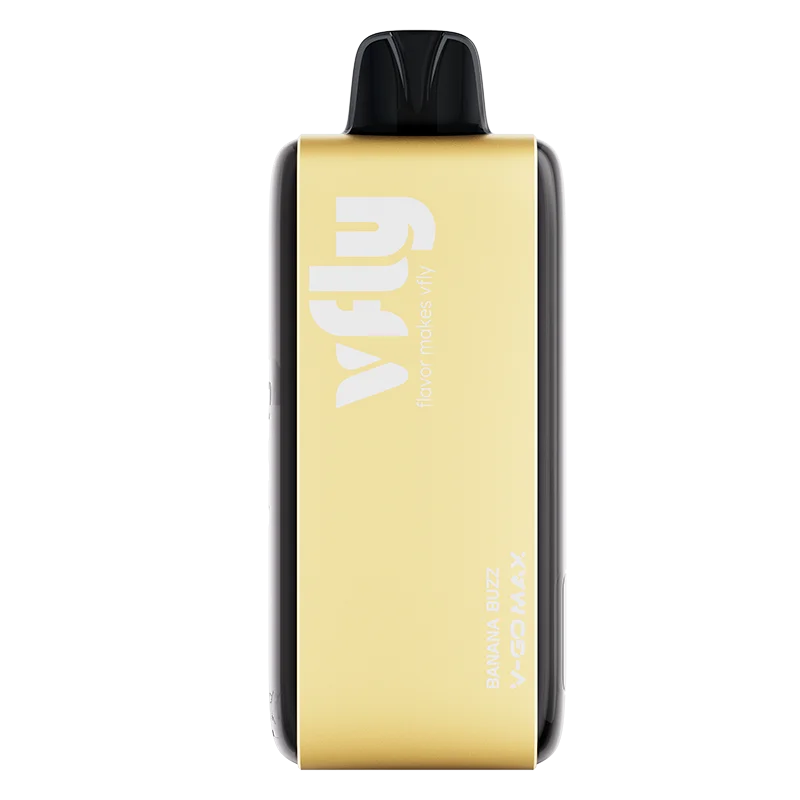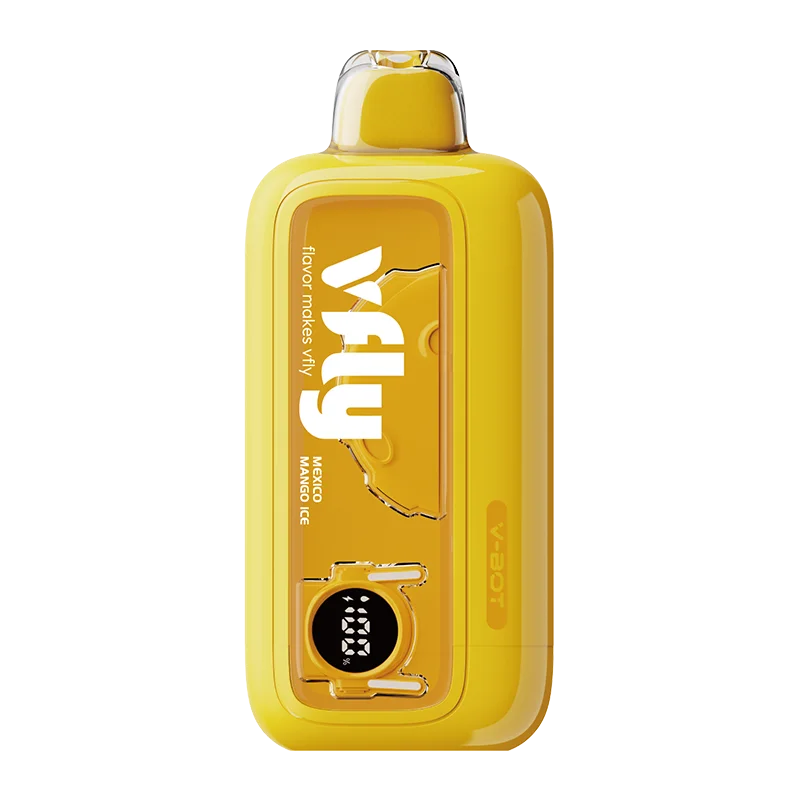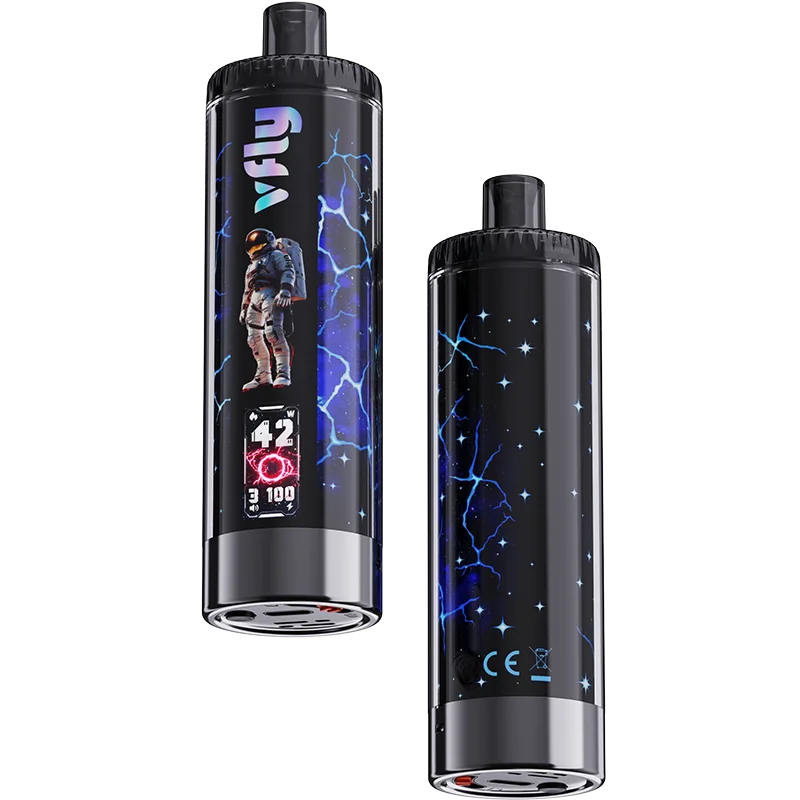Does Vaping Cause Spots?
Vaping has become a popular alternative to smoking, but many users wonder about its effects on skin health. One of the most common questions people ask is: does vaping cause spots or acne? While research on vaping and dermatological health is still developing, several factors suggest that vaping can potentially contribute to breakouts in some individuals.
How Vaping Can Affect Your Skin
- Nicotine and Blood Flow Many e-liquids contain nicotine, which constricts blood vessels and reduces oxygen supply to the skin. This can slow down healing and increase the likelihood of breakouts. Poor circulation may also make existing acne more noticeable.
- Dehydration and Dry Skin Vaping can cause mild dehydration because propylene glycol (PG) and vegetable glycerin (VG) – the main ingredients in e-liquid – draw moisture from the skin. Dehydrated skin may overproduce oil, leading to clogged pores and spots.
- Hormonal Effects Nicotine has been linked to increased cortisol (the stress hormone) levels. Elevated cortisol can stimulate oil (sebum) production, which is one of the leading triggers of acne.
- Inflammation and Irritation Flavored e-liquids often contain chemical compounds that may cause irritation or inflammation in sensitive users. Inflammation is a key factor in the development of acne and skin flare-ups.
- Lifestyle Factors Beyond the e-liquid itself, vaping habits often coincide with lifestyle choices that can affect the skin—such as diet, stress, and sleep patterns. These external factors play a significant role in whether or not vaping worsens acne.
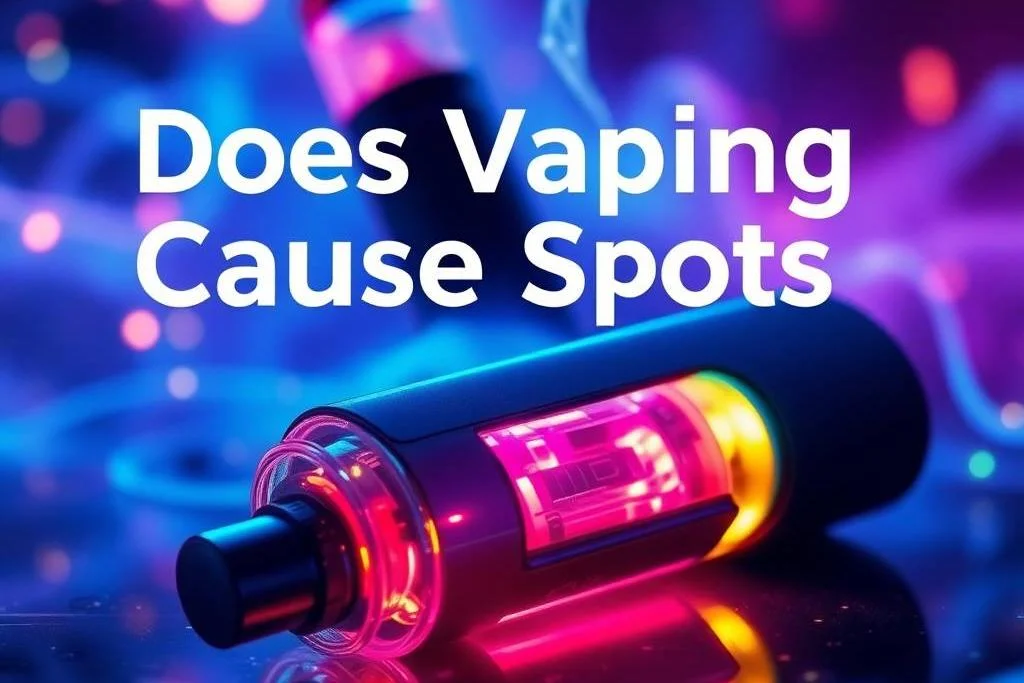
Can Vaping Directly Cause Acne?
Currently, there is no conclusive scientific evidence that vaping directly causes acne. However, studies on nicotine and skin health, along with anecdotal reports, suggest that vaping can:
- Trigger breakouts in acne-prone individuals
- Prolong the healing time of existing spots
- Increase skin oiliness or dryness depending on the user
For some, switching from smoking to vaping may actually reduce acne flare-ups, since cigarettes contain thousands of harmful chemicals that damage the skin more severely than e-liquids.
Tips to Reduce Vaping-Related Breakouts
If you suspect vaping is contributing to your skin problems, the following steps may help:
- Stay Hydrated: Drink plenty of water to counteract dehydration from PG and VG.
- Maintain Skincare Routine: Use gentle, non-comedogenic cleansers and moisturizers.
- Limit Nicotine: Choosing lower-nicotine e-liquids may reduce hormonal effects on the skin.
- Balance Lifestyle: Manage stress, eat a balanced diet, and get enough sleep.
- Switch E-Liquids: Some flavors or ingredients may trigger irritation—try changing to a simpler formulation.
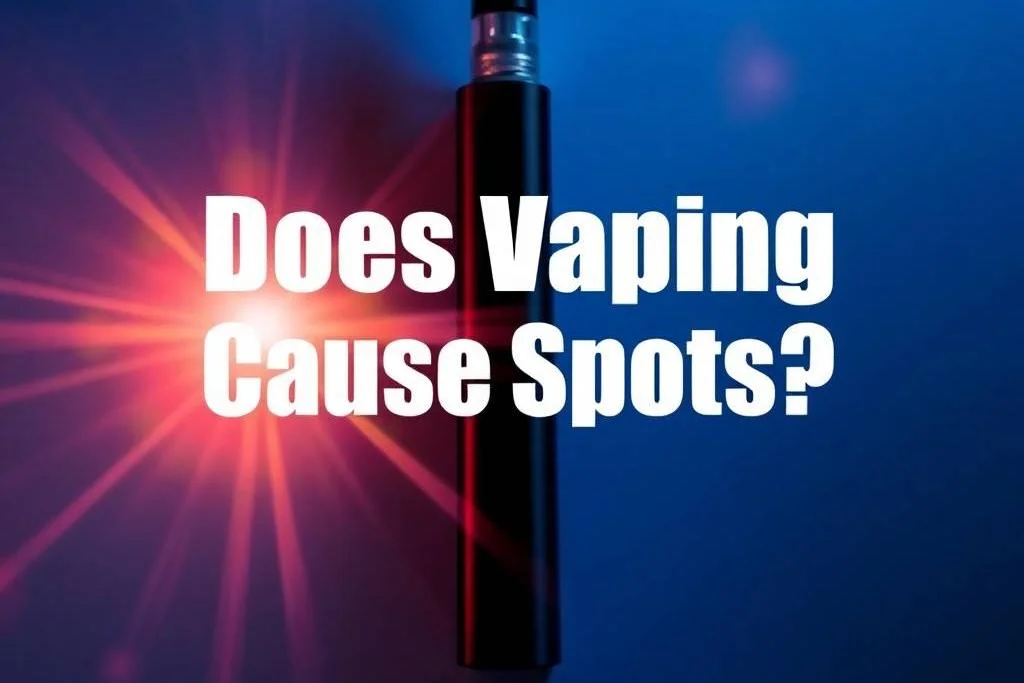
Conclusion
Vaping doesn’t universally cause acne, but it can contribute to skin problems in certain individuals due to dehydration, nicotine, and inflammatory effects. If you notice new or worsening breakouts after starting vaping, adjusting your routine or consulting a dermatologist may help.
FAQs
1. Can vaping give you acne?
Vaping doesn’t directly cause acne, but it can trigger breakouts in people who are already acne-prone. The nicotine in e-liquids may increase oil production and stress hormones, while PG and VG can dehydrate the skin, leading to clogged pores and spots.
2. Why do I get spots when I vape?
Spots from vaping are often linked to dehydration, hormonal changes from nicotine, and inflammation caused by certain flavorings. If your skin is sensitive or prone to breakouts, vaping may make existing acne worse.
3. Does vaping make your skin worse than smoking?
Both smoking and vaping can negatively impact skin health, but smoking is generally more damaging due to thousands of harmful chemicals. Vaping may still cause dryness, irritation, or spots, but it is typically less harsh on the skin compared to smoking.
4. How do I stop getting spots from vaping?
To reduce breakouts, stay hydrated, follow a consistent skincare routine, and choose e-liquids with lower nicotine levels. Avoid overly sweet or complex flavorings if you notice irritation. A balanced diet, stress management, and good sleep also play key roles in preventing acne.
5. Does quitting vaping help clear skin?
Yes, many people report clearer skin after reducing or quitting vaping. Once nicotine and chemical exposure decrease, circulation improves, inflammation lessens, and the skin can heal more efficiently—helping reduce spots and blemishes over time.

